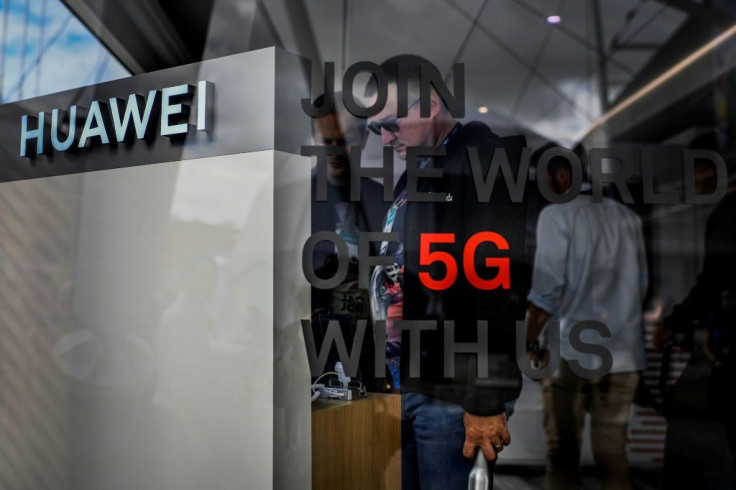5G Flaw Discovered: Tracking Locations, Spoofing Emergency Signals And More

Even before it gets fully released worldwide, the new 5G technology for mobile networks was found with a number of flows, exposing the security of users and perhaps even their personal safety.
Now, professionals never claimed that this new generation of mobile technology would be perfect and flawless. In a report by Tech Crunch, it was revealed that the experts over at Purdue University and the University of Iowa have found not just one but twelve different vulnerabilities in the new tech. If exploited, these vulnerabilities can jeopardize the privacy and safety of users.
One of the flaws found in the research is the vulnerability of tracking a user’s specific location. This can be done without even the user realizing that they are being tracked. Another security flaw in 5G that was found was that a fake emergency signal can be sent to or from a certain device. This can lead to a series of fake chaos alerts and mass panic if someone with enough skills decided to exploit such a flaw.
The researchers also stated that these flaws that they found on 5G are most likely already plaguing 4G for quite some time now.
As if all of these vulnerabilities are not yet enough, one more flaw found that was worth mentioning was the possibility of an attack downgrading the network of a user to a less secure one. This will then let attackers start snooping activities on the victim, and even track their real-time location and location history. Another is the vulnerability to an attack that can fully shut off someone from a network.
All of these, the researchers said, can actually be done by someone with enough knowledge of how 4G and 5G work, and with just the most basic of equipment.
The researchers made a promise not to release their code that caused all of these attacks and vulnerabilities to be discovered. They did, however, inform the GSM Association (GSMA) of their findings.
© Copyright IBTimes 2025. All rights reserved.




















